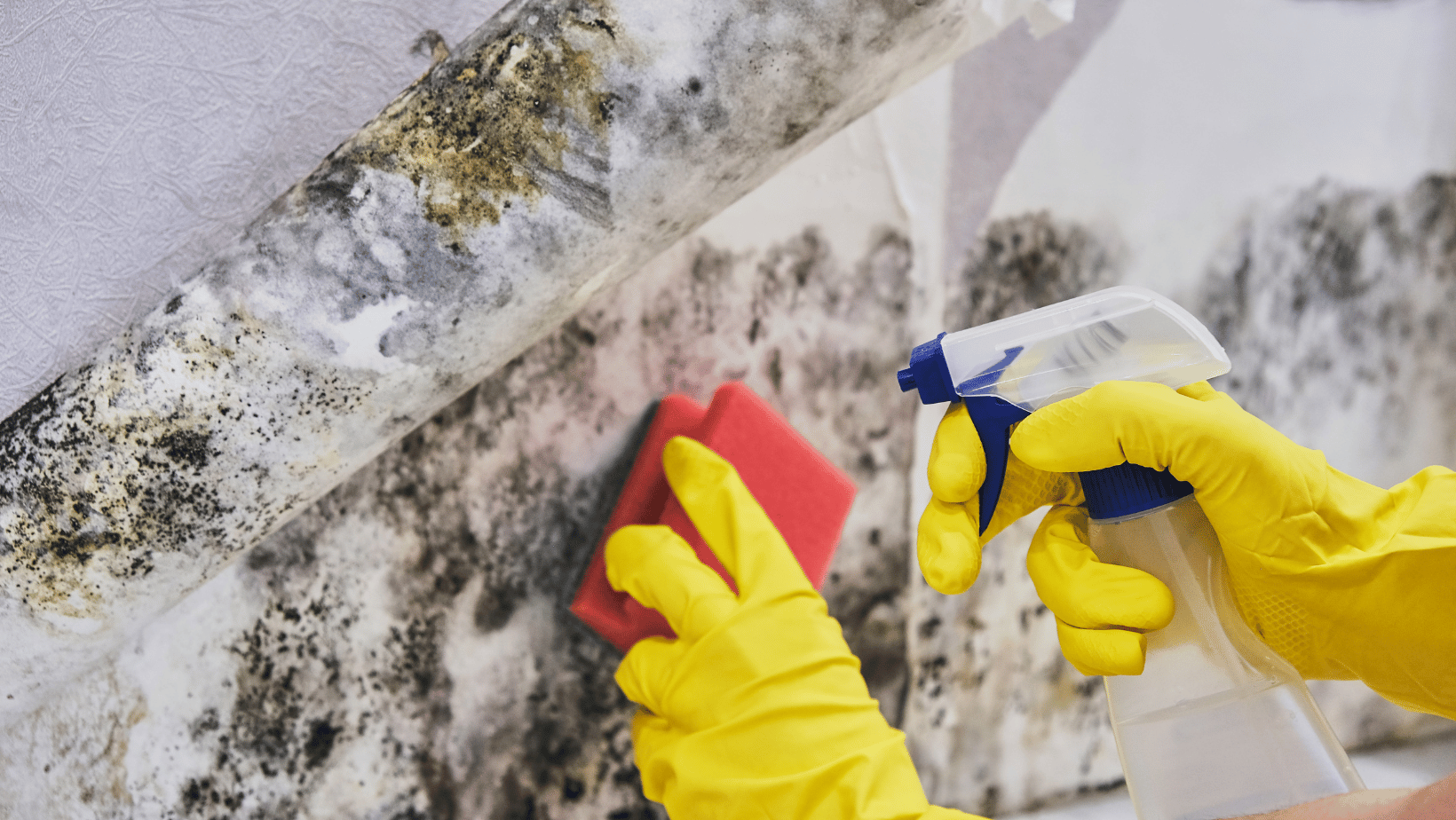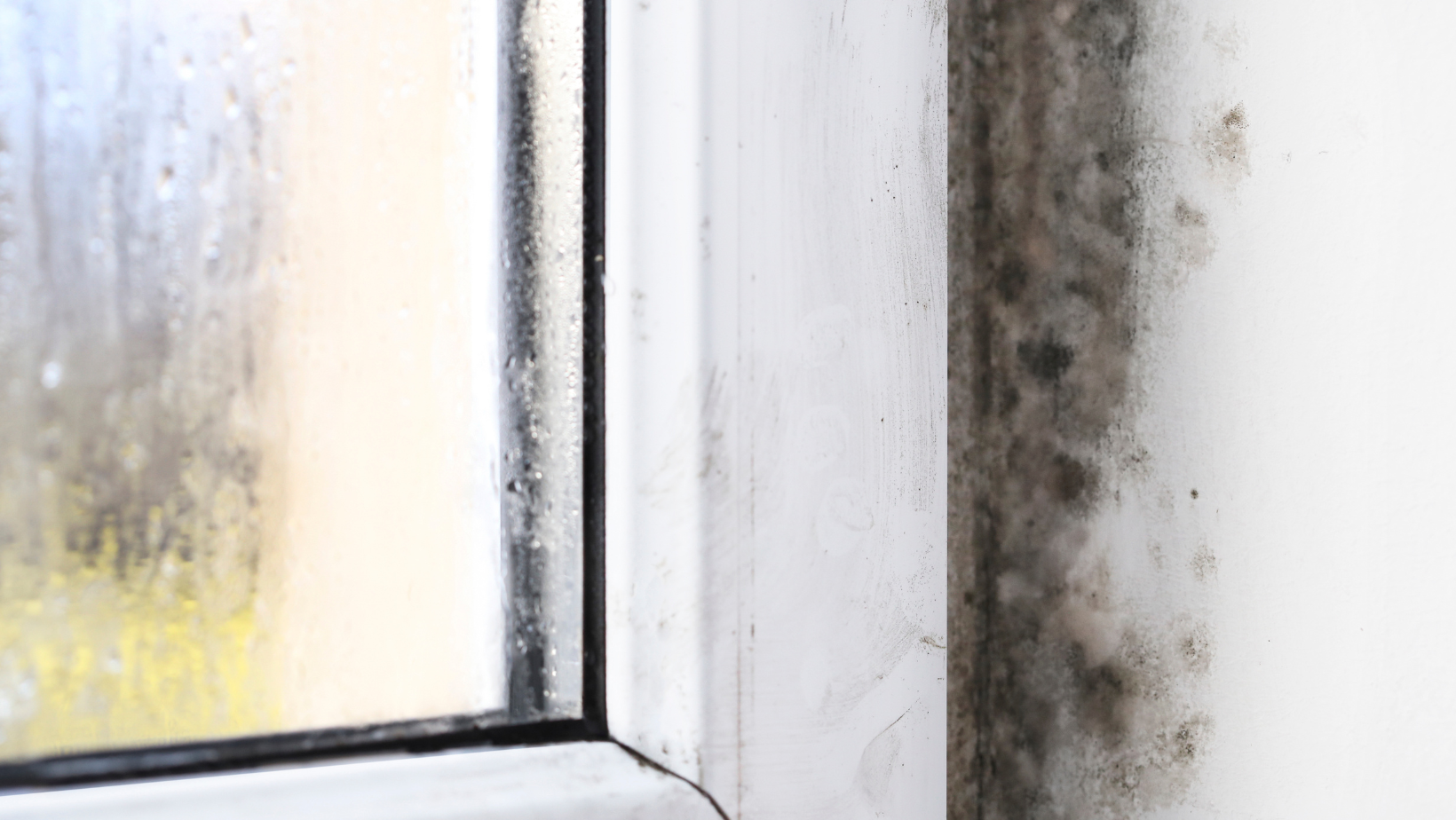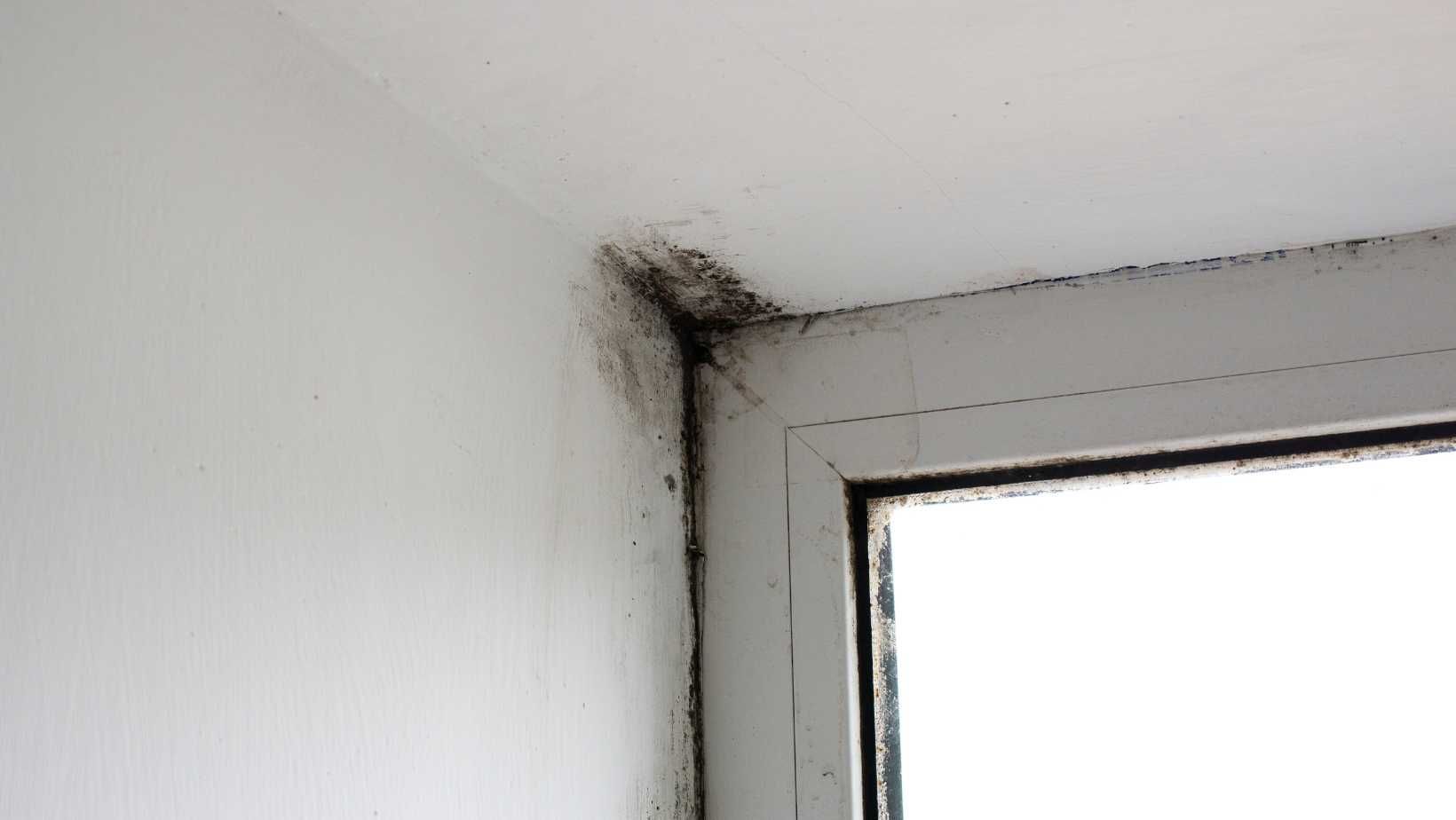How Online Mold Misinformation Can Be Dangerous
Mold Misinformation Spreads Through Online Searches
What NOT To Use To Clean Mold
Everyone wants to try their hand at a little DIY from time to time, and there’s nothing wrong with that - in most circumstances. However, mold really is not one of those circumstances. Inaccurate sources spreading unreliable mold misinformation can leave you with not only the same mold you started with, but probably even more damage than before. One of the most widely known bits of mold misinformation is the notion that you can clean mold with bleach. It is true that bleach is generally an efficient surface cleaner. However, the thing about mold is that it does not just sit on the surface of porous building materials, rather it seeps into the material. So while it may seem like the bleach did a good job on the surface, there is more than meets the eye. Bleach has a high water content. Mold thrives on moisture. You see where we’re going with this. This high water content in bleach has the potential to actually make a mold problem within a home much worse than it initially was, rather than resolving it.
Why You Should Not Try To Remove Mold On Your Own
A huge mistake that many people make when looking for solutions to household mold issues online is that they will be willing to try just about anything. Understandably, everyone wants there to be an easy, accessible solution to any household issue that arises. Without the proper knowledge and equipment to handle a mold remediation adequately, a DIY mold remediation will most likely make the mold problem much worse than it was in the beginning.
A main issue with attempting a DIY mold remediation is the risk of not only more mold development, but also cross contamination. Since most people who don’t work in the industry don’t have access to proper containment and personal protective equipment, this means that cross contamination is inevitable. Containment is the only way to prevent cross contamination from occurring, so it is essential to any successful (professional) mold remediation. Aside from cross contamination, another concern that can arise when attempting to clean mold on your own is the potential health implication. People with sensitivities to mold can experience mild to severe allergic reactions if proper action is not taken. Overall, mold remediation is something that needs to be left to the professionals.
Unreliable Sources Spreading Mold Misinformation
It’s not uncommon to turn to online resources when you have an issue you need resolved. Mold remediation can get pricey in some situations, so it makes sense that you’d want to explore other solutions. However, this mold misinformation that you may come across online can make matters much worse within your home. You may think it can’t get any worse than it already is, but the truth is that mold remediation is a process that has many moving parts to make it work smoothly and successfully. Each step serves an important purpose in an effective mold removal job.
Unreliable sources telling you to use bleach on mold, or shady websites trying to sell you a magical mold cleaning solution for a quick buck will inevitably do more harm than good. The best option to save yourself from even more extensive mold damage is to contact a professional mold remediation company in your area. Even if you just call to ask a few questions about the best course of action, they will be much more knowledgeable on the subject than a random web forum. Advice from a professional will get you much further than misinformation you found online, saving you money, time, and energy. If you aren’t sure whether information you found online is viable or not, it is always best to assume that it can’t be trusted. Better safe than sorry, and letting the professionals handle a mold issue within your home is always the way to go.
To learn more about DryMax's mold inspection & remediation services in your area, call 337-446-2042 today!
You might also like
DryMax Mold Blogs




